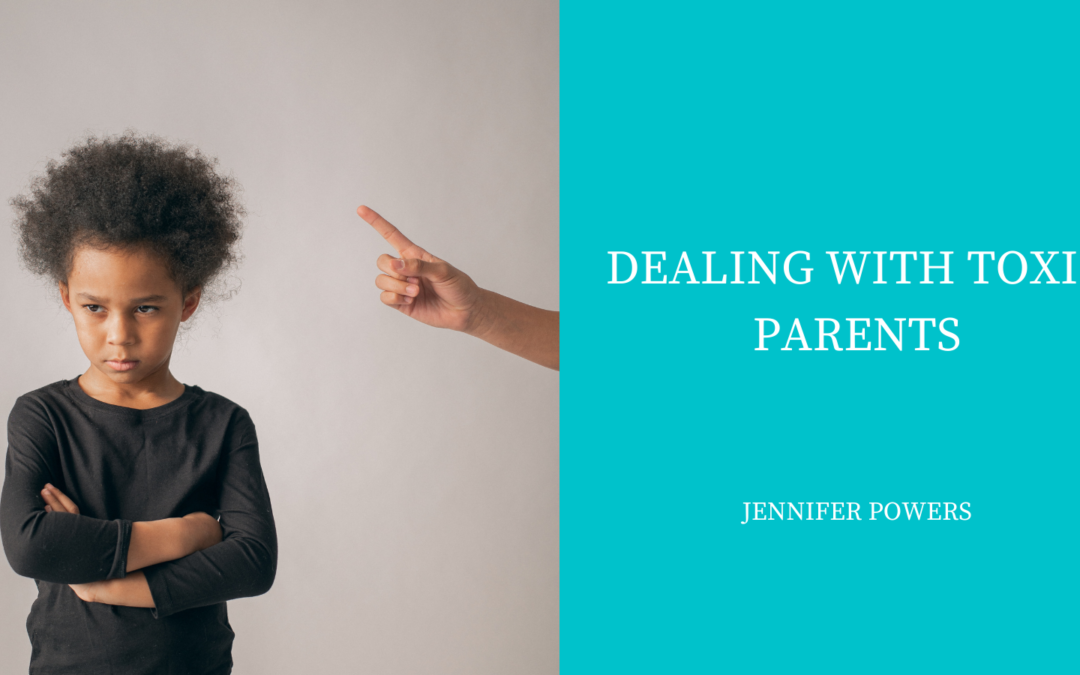It can be incredibly challenging to cope with someone who is toxic when it happens to be a parent. Various things can be done to minimize the effects of toxic parents. This article will walk you through some of these steps and provide helpful tips on handling toxic parents.
The term toxic parent is not a medical term or a defined concept. Instead, it refers to parents who regularly act in a way that causes resentment, fear, and guilt in their kids. Instead of apologizing, toxic parents usually refuse to acknowledge that their actions are wrong. They also tend to abuse or neglect their kids.
You might also feel that their behavior is self-centered. It could be that they cannot provide the support you need. You also might think that their behavior is manipulative. They use their emotions to control you. Although it’s normal for people to have bad days and outbursts, it’s also possible that the behaviors during your childhood affected the way you developed as an adult.
Don’t Blame Yourself
You might also blame yourself for their actions. Being an adult can make it hard to live up to your expectations. It can also make it hard to form healthy self-esteem. Family is a vital part of a person’s life, and it influences their thoughts and behavior. It’s also the foundation for their general worldview.
After learning that you were exposed to toxic parents, it may be helpful to recognize some of the harmful behaviors you experienced. Although it can be hard to change, behavior patterns can be modified with time and support. The first step in developing new habits is acknowledging the things that have affected your behavior.
Setting Clear Boundaries
One of the first things that you should do is set clear boundaries. While it can’t change the behavior of other individuals, setting boundaries can help you manage the interactions with toxic parents. This is an invisible line you can set for yourself and prevent someone from crossing, such as setting specific topics off-limits in conversations. Don’t leave the boundaries up for interpretation. Having clear boundaries can help you avoid accidentally pushing past them. Don’t get defensive if they have crossed them; just reiterate your limits and take a step back from contact if needed. You are the person who can make changes and take back control of your life. Set goals and make a plan to achieve them.
Don’t Carry the Burden Alone
It’s important to reflect on how your childhood experiences affected you and what made you act. Talk to a trusted friend or family member about this topic. You don’t have to go on a path of healing alone. Having a mental health professional can also help guide you through the process.
To start, write down a list of things you would like to change. Once you have a list, practice addressing the one you want to change first.
In this situation, expect to face some challenging times. But, remember that you are also responsible for the progress of the things you want to change. You can also change the way you act and react by reminding yourself that you are the one who has control over all of your actions.
Consider starting therapy and sharing your boundaries with family members who will back you up. This will give you peace of mind knowing that the people involved are there to help.
